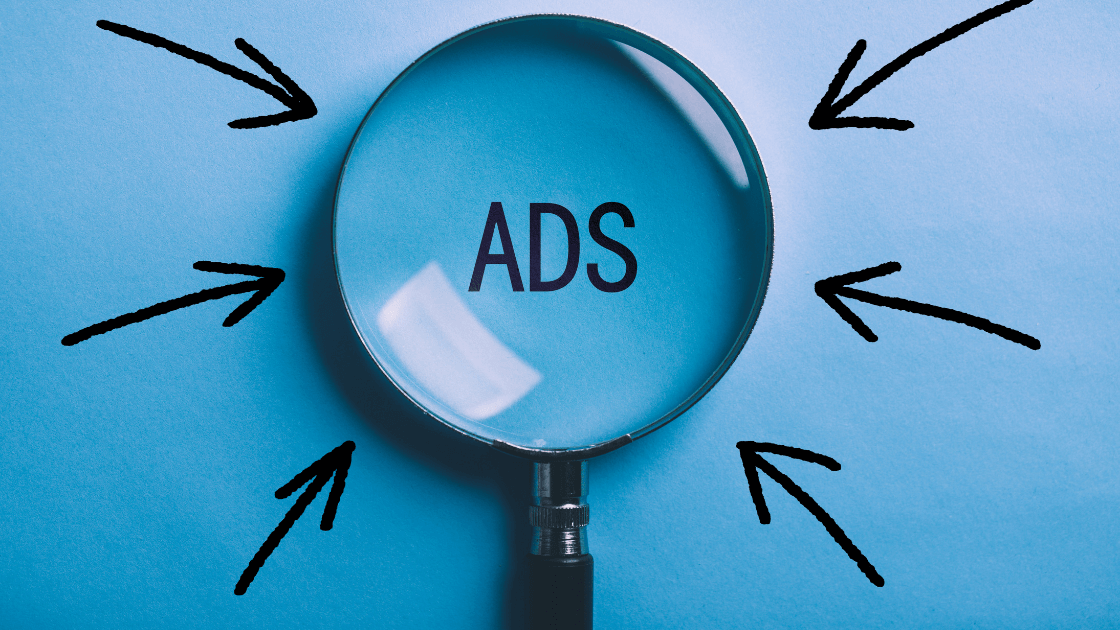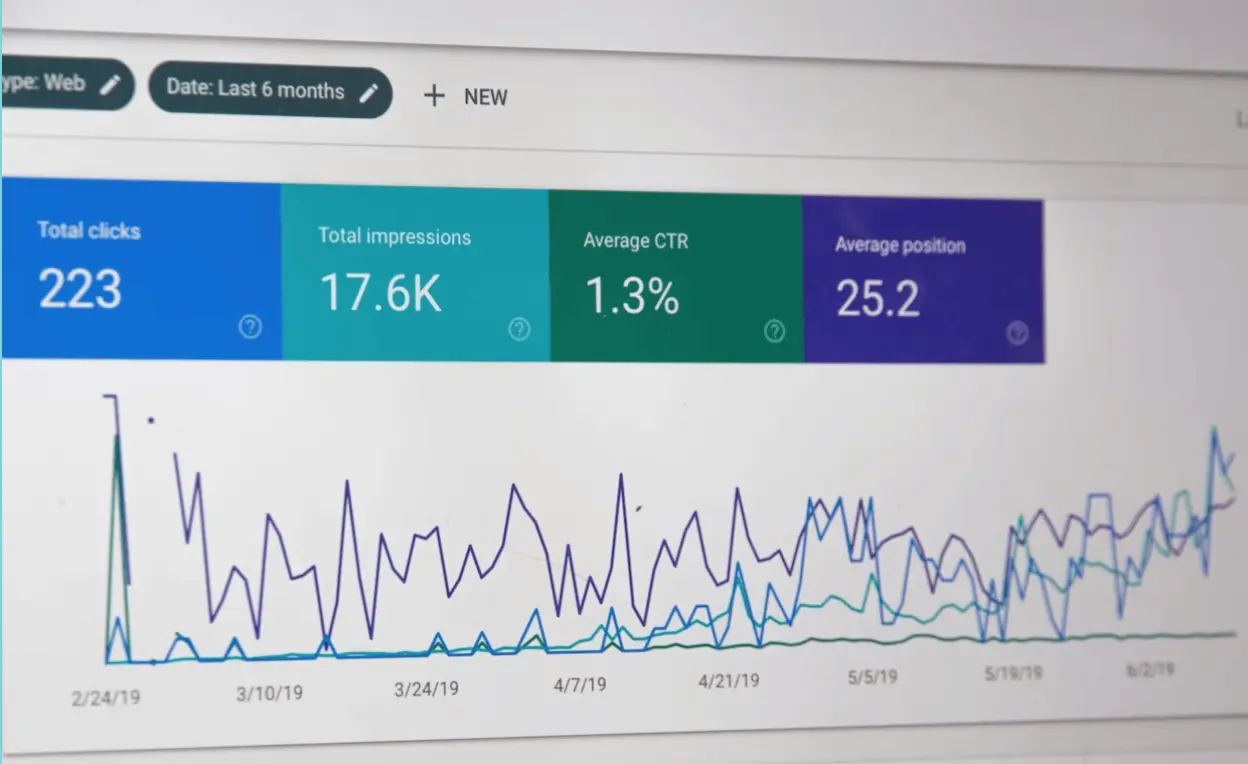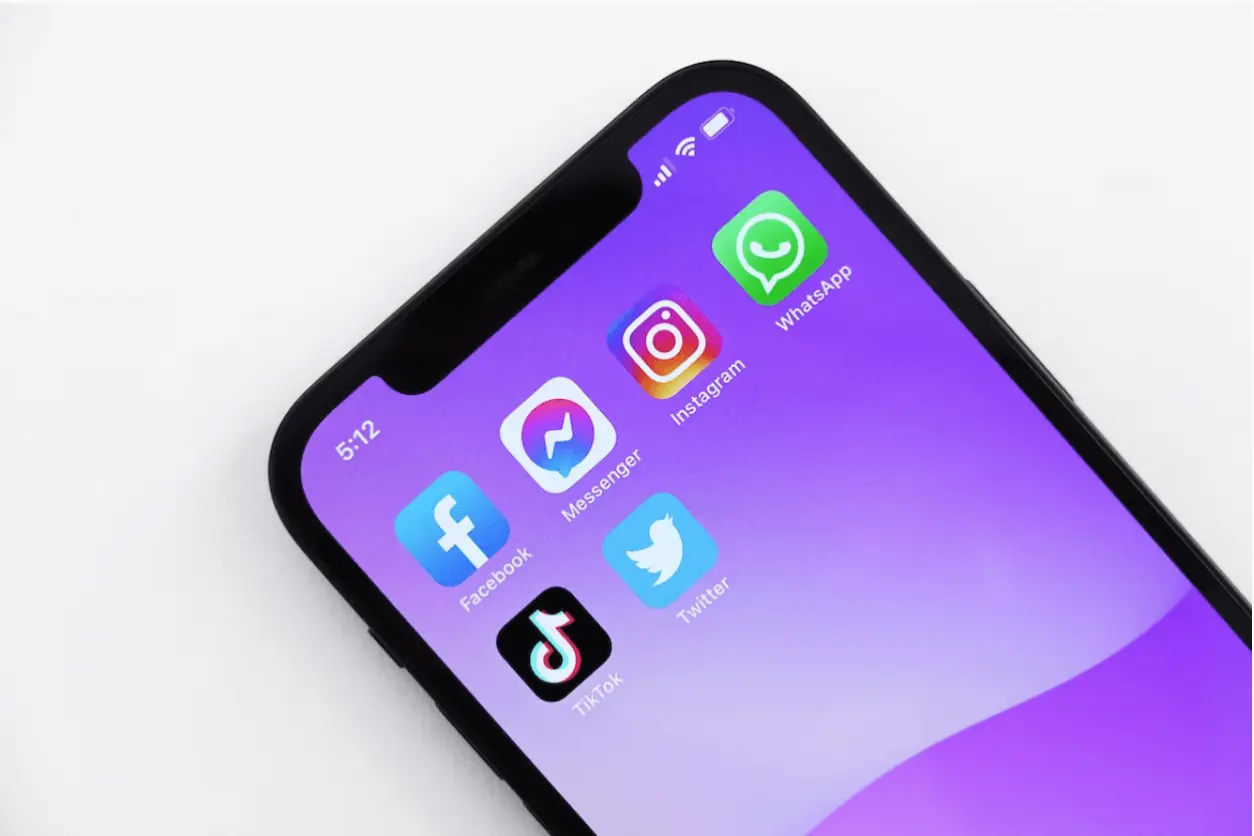Organic marketing and paid advertising are two terms that classify most digital marketing strategies.
*Updated 7/5/2024
Organic marketing is a long-term content-based approach that requires no investment to gain traction and increase your brand’s reach. And paid advertising gives you a quick boost in gaining mindshare in exchange for money.
It’s an eternal debate about which one is better. Yet, we often see marketers use both content marketing and paid ads based on the situation and their goal.
So, let’s explore both strategies in detail and determine the right time to implement them efficiently.
What is Organic Marketing?
Organic marketing is a content-driven approach that helps you attract potential customers and bring traction to your website. It’s a long-term approach to increasing website traffic and conversions without spending money.
Organic marketing requires no investment other than your time and effort. You will be producing content that answers the queries of your current or potential customers and provides them with the right solutions.
Around 72% of content marketers say that organic marketing has helped them boost engagement and increase the number of leads.
So, there’s no doubt that organic marketing produces results. It just takes longer compared to paid ads.
-
Organic marketing strategies
To help you understand organic marketing a bit better, here are a few of the renowned organic marketing strategies marketers readily use worldwide.
-
-
Search engine optimization
-
Search engine optimization is an organic marketing tactic in which you optimize your website per your audience's targeted queries and search engine guidelines. SEO helps you rank higher on the targeted keywords and enables you to attract relevant traffic without having to pay for it.
-
-
Guest blogging
-
Guest blogging is an organic marketing strategy where you promote your brand through third-party platforms. This content-driven marketing approach helps you boost your reach and get your message across.
-
-
Social media marketing
-
Social media marketing is an organic marketing strategy to promote your brand via social media.
Social media marketing helps you get organic traction as people often use social media to research their preferred solutions. Social media marketing boosts your reach globally and generates awareness through several social media channels.
What is Paid Advertising?
Paid advertising is a marketing strategy where you pay a particular platform to help you get more traction by showcasing your brand. You can run paid, rich media ads via search engines, social media, sponsored posts, and more.
Paid ads, especially through programmatic advertising DSP, get you quicker results compared to organic marketing. It may sound like a cheat code for marketing your brand, but many consider paid advertising a viable strategy.
Paid ads are favorable for the company and helpful to customers. Around 75% of participants in a survey revealed that paid search ads have made it easier for them to find what they were looking for more quickly. So, no matter what anyone says, paid ads are fantastic if you know how to run them efficiently.
-
Paid advertising strategies
To better explain the context, here are a few paid advertising strategies used by brands around the globe.
-
-
Google ads
-
It’s a paid advertising strategy that helps brands appear at the top of search results. Ranking on particular keywords takes time, so brands often consider running ads on Google as a viable tactic to ensure a quick boost in traffic. Here, Google charges you a certain amount each time someone clicks on your ad.
-
-
Facebook ads
-
This is a paid marketing strategy in which you leverage one of the leading social media platforms for running paid ad campaigns. Brands around the globe run Facebook ads to boost reach and engagement.
Furthermore, Facebook ads help you capture quality leads and initiate the conversion. Overall, it’s a handy ad strategy.
-
-
Influencer partnership
-
Influencer partnerships work a bit differently than mainstream paid advertising strategies. You onboard a third party or an influencer representing your niche to promote your brand.
People seek reviews before making a purchase decision.
So, a recommendation from someone you follow has an impact. This is why influencer marketing has gained popularity over the years and become one of the preferred strategies businesses use.
Organic Marketing vs. Paid Advertising
Both organic and paid advertising are viable digital marketing strategies. However, their implications are different. These implications dictate selecting the best-suited plan for you as per the objectives you want to achieve.
Organic Marketing |
Paid Advertising |
|
|
|
|
|
|
|
|
|
|
|
|
|
|
|
|
|
|
What’s More Important?
Neither of the marketing strategies is more important than the other. The situation at hand and industry best practices will determine their implementation.
Both organic marketing and paid advertising are proven marketing strategies with different use cases. However, both of them yield better results when implemented simultaneously. That’s why veteran digital marketers often prefer the right mix.
There are also scenarios where one of the strategies can be perceived as more relevant than the other.
For example, startups may prefer organic marketing over paid ads. Why? Because they have limited funds as they’re just getting started. So, they’re often a bit skeptical about paid advertising. Also, on search, it’s shown that organic results get 94% more clicks than paid ads. These numbers are a bit too high to ignore.
On the other hand, the big sharks use paid ads more frequently. These giants wish to quickly overtake the competition and have a considerable marketing budget.
Moreover, they have been in the industry for quite some time. So, there’s a high likelihood that they’ve pretty much exhausted relevant content to be covered on their site.
As said earlier, it all depends on the need of the hour.
When to Implement the Right Strategy?
For knowing when to implement the right strategy, research is the key.
What are your marketing objectives? When do you wish to achieve them? Answers to these questions will help you make an informed decision.
If you seek quick results, such as a boost in your brand’s reach, website traffic, and conversions, paid ads are the way to go. Engaging a paid search agency can be beneficial in optimizing these campaigns for maximum impact.
And, if you wish to pursue long-term results by climbing the SERPs at a steady pace, then organic marketing is more suitable for you.
It’s also important to know what has been working for you in the past. If you have been getting good results from paid ads, then don’t stop. Explore ways to scale your paid campaigns.
On the contrary, if your paid ads are not giving you the desired results and you’ve tried every possible way to move the needle, there’s no need to continue. Stick to organic marketing, as that might be a more suitable strategy.
Let data drive your decisions and help you choose a marketing strategy best suited to your needs.
Final Thoughts
Around 87% of visionaries say content is the core of their marketing strategies.
With organic marketing, you get stable results without breaking the bank. On the other hand, paid ads give you quick results and a considerable boost in traffic or conversions in exchange for the amount spent.
A mix of both organic marketing and paid advertising is always desirable and highly recommended as it makes a wholesome marketing strategy. But choosing one is OK if the other doesn’t work out for you.
Author Bio
Arsalan Jabbar is an MBA in Marketing and a Content Strategist at Awesome Motive with an acumen for analytics. Awesome Motive is the company behind WPBeginner, MonsterInsights, All in One SEO, SeedProd, and more.






